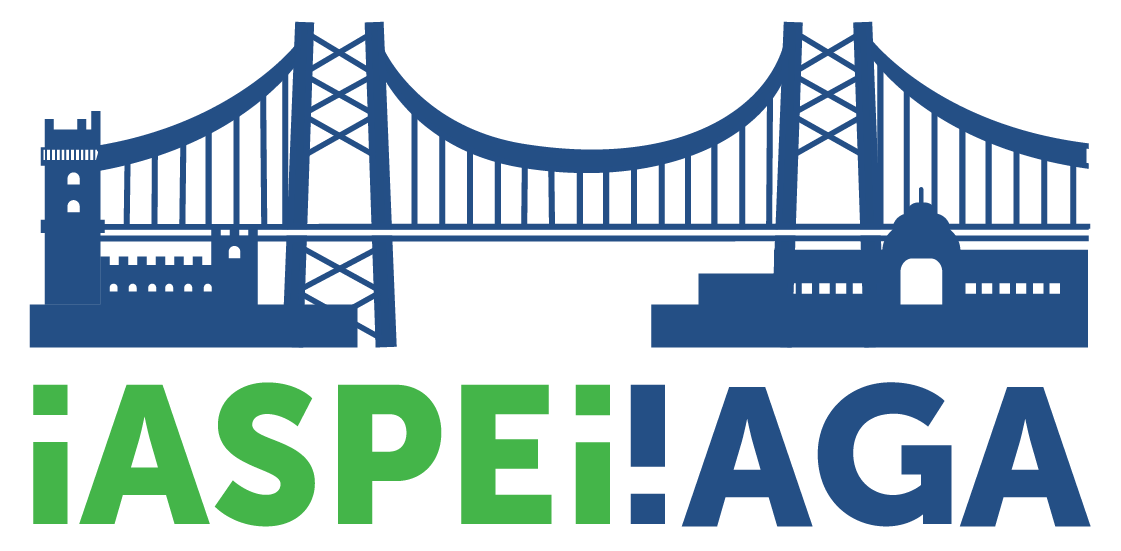OPENING CEREMONY SPEAKERS

José Nascimento
President of the Instituto Superior de Engenharia de Lisboa (ISEL) and Coordinating Professor with Habilitation in Computer Science at ISEL. His career has been dedicated to teaching, research, and leadership in engineering education, with a focus on advancing applied sciences and strengthening the role of polytechnic institutions in Portugal.
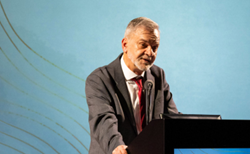
António Belo
President of the Instituto Politécnico de Lisboa (IPL) and Coordinating Professor at the Escola Superior de Comunicação Social (ESCS). PhD in Social Communication under a joint program between Universidade de Lisboa (Portugal) and Universidad Complutense de Madrid (Spain) and an extensive experience in higher education management and communication sciences, he has played a key role in promoting interdisciplinary collaboration and the internationalization of IPL.
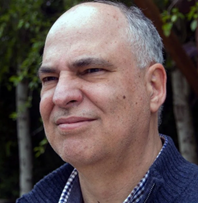
Luís Matias
Associate Professor with Habilitation at the Faculty of Sciences, University of Lisbon, and Senior Researcher at Instituto Dom Luiz. Luís Matias has an extensive expertise, internationally recognised, in marine and continental seismology, combining the use of Ocean Bottom Seismometers and multidisciplinary approaches to advance understanding of Earth’s structure, seismic hazards, and marine life. His research has significantly enhanced earthquake and tsunami hazard assessments for Portugal, particularly in the Gulf of Cadiz, the source region of the 1755 Great Lisbon earthquake. Luís Matias importantly served for many years as Portugal’s representative to IASPEI.
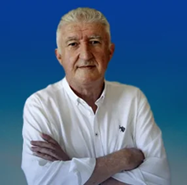
Miguel Miranda
Full Professor at the University of Lisbon (‘jubilado’) and member of the Academy of Sciences of Lisbon. Miguel Miranda has extensive expertise in geomagnetism, marine geophysics, and natural hazards, and directed the Dom Luiz Institute from 2004 to 2011. From 2012 to 2023 he served as President of the Portuguese Institute for the Sea and the Atmosphere, reinforcing Portugal’s role in Earth and space sciences. He has also held leading positions in international organizations, including President of the Board of the European Centre for Medium-Range Weather Forecasts (2017 and 2018) and Chair of EMSO-ERIC (2020 to present). Throughout his career he has been dedicated to IAGA, advancing geomagnetic and space science research, fostering international collaboration, and representing Portugal as the national delegate.

Andrew Yau
Emeritus Professor in the Department of Physics and Astronomy at the University of Calgary and current President of the International Association of Geomagnetism and Aeronomy (IAGA, 2023–2027). Andrew Yau is a leading expert in space plasma physics, specializing in satellite-borne instrumentation and aeronomy, and served as Mission Scientist for Canada’s CASSIOPE e-POP satellite. His research has significantly advanced our understanding of plasma transport and dynamics in Earth’s ionosphere and magnetosphere, and contributed to knowledge of space weather and solar–terrestrial interactions. As IAGA President, he now guides international cooperation in research on aeronomy, space environment, and space weather processes.

Michelle Grobbelaar
Senior Scientist at the Council for Geoscience (South Africa) and President of the International Association of Seismology and Physics of the Earth’s Interior (IASPEI, 2023–2027). Michelle Grobbelaar has expertise in forensic and mining-related seismicity, notably managing microzonation projects and dense seismic networks for mine safety research. She has played a leading role in seismology across Africa, serving as Interim Secretary of the African Seismological Commission (AfSC) and contributing data to global networks and the CTBTO monitoring system. As IASPEI President, she guides international coordination in seismological research and promotes scientific capacity-building and outreach to strengthen global collaboration.

Monika Korte
Senior Researcher at the GFZ Helmholtz Centre for Geosciences (Potsdam, Germany) and Secretary General of the International Association of Geomagnetism and Aeronomy (IAGA) since 2019, following her term as Vice President (2015–2019). Monika Korte leads the ‘Geomagnetic Field Evolution’ group at GFZ and specializes in paleomagnetic field modeling and reconstructions of geomagnetic variability over millennial timescales. In 2023 she was awarded an ERC Synergy Grant to investigate geomagnetic reversals and their climatic impacts. She also serves in editorial roles for leading geophysical journals, and as IAGA Secretary General she plays a central role in advancing global collaboration in geomagnetic research.
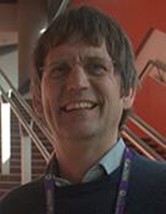
Johannes Schweitzer
Adjunct Professor at the University of Oslo and Senior Scientist at NORSAR (Norwegian Seismological Array), he is currently the Secretary General of the International Association of Seismology and Physics of the Earth’s Interior (IASPEI). Johannes Schweitzer has made significant contributions to array-based seismic detection, instrumentation development, and international seismological cooperation. He has contributed to global efforts in nuclear test ban verification with the Comprehensive Nuclear-Test-Ban Treaty (CTBT) monitoring system. As IASPEI Secretary General, he supports the association’s global mission to advance seismology and Earth interior sciences through international cooperation and the development of standards such as seismic phase naming, data exchange protocols, and reference Earth models.
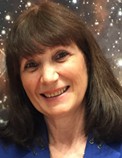
Mioara Mandea
Head of Science Coordination at the French Space Agency (CNES) and President-Elect of the International Union of Geodesy and Geophysics (IUGG, 2023–2027). Mioara Mandea is a renowned authority on Earth’s magnetic field, with research on long-term geomagnetic time series, geomagnetic impulses (jerks), introducing the concept of virtual observatories, and contributing fundamentally to global models such as the IGRF. She leads the GRACEFUL ERC Synergy project, integrating multidisciplinary data to probe Earth’s deep interior. She has also served as Secretary General of both the International Association of Geomagnetism and Aeronomy (IAGA) and the Committee on Space Research (COSPAR). At CNES, she plays a central role in shaping international Earth observation missions and at IUGG she will guide the global geoscience community in the coming years.
